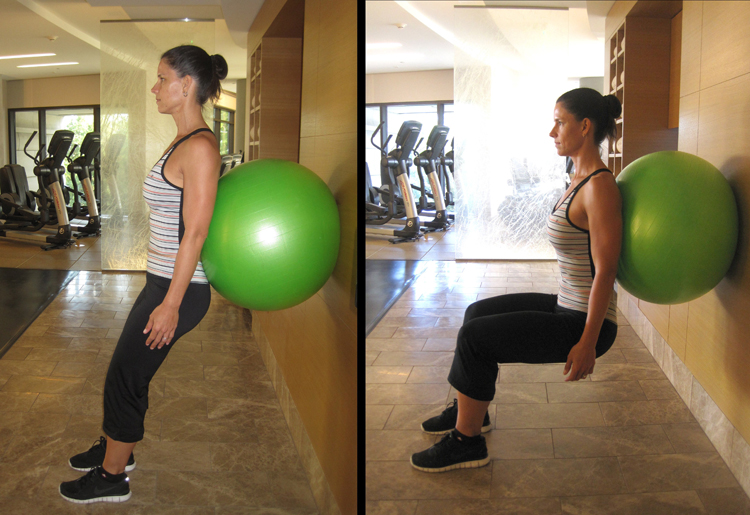Workouts You Can Do While Binge-Watching Your Favorite TV Show
You know it happens. You have that one TV show, or maybe even 2, 3 or 4 shows that you just can’t live without! You curl-up on the couch and enter another world of sex, drama, sports, horror, reality, comedy, or even educational learning. All of a sudden, hours have passed and you know you must continue on with your own daily life.



 Whether you exercise or not, hydration is still an important factor in everyday life. Our body is an intricate matrix of systems that work together so we can function properly. If one of those systems is off, it forces the remaining systems to work harder. It’s like riding a bicycle with a poorly lubricated chain. In order for the bike to progress forward, one would have to pedal harder and faster than if the chain was well lubricated.
Whether you exercise or not, hydration is still an important factor in everyday life. Our body is an intricate matrix of systems that work together so we can function properly. If one of those systems is off, it forces the remaining systems to work harder. It’s like riding a bicycle with a poorly lubricated chain. In order for the bike to progress forward, one would have to pedal harder and faster than if the chain was well lubricated. But this still leaves one question unanswered: How much
But this still leaves one question unanswered: How much